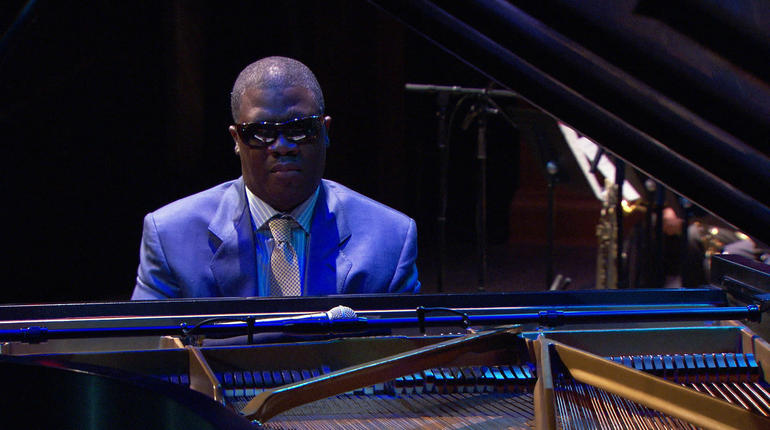All That Democracy (Jazz)
/Miles Davis
There’s an organization called Jazz At Lincoln Center. It’s a great resource for Jazz music. This is from their mission statement.
We believe Jazz is a metaphor for Democracy. Because jazz is improvisational, it celebrates personal freedom and encourages individual expression. Because jazz is swinging, it dedicates that freedom to finding and maintaining common ground with others. Because jazz is rooted in the blues, it inspires us to face adversity with persistent optimism.
As I heard someone say the other day, “Let’s break down that prose.”
from Pops journal
So there you have it. Maybe you already love Jazz, maybe you do and don’t know it. Or, maybe you haven’t really tried it yet. If you do, give it time. It’s an acquired taste. The Jazz At Lincoln Center is a great resource. Visit http://www.jazz.org
Here’s what I really wanted to tell you about—a project called “Recollect”. I love storytelling, remembering and recollecting. So this project fascinated me from the start.
Recollect is a project of short videos where a famous jazz musician goes into a record store to dig through the crates of jazz albums. While they do this they tell stories. (I'm adding to my bucket list to be present for the filming of one of these episodes). These are jazz stories and so they are also democratic stories. They are important because they can give us a context to understand more about ourselves.
Of course jazz is not the only musical genre that’s important in this way. Country music is also rooted in personal story. And, without a doubt, there is no more heart-felt music than the poetry of the early hymn writers. I can prove it. Read the lyrics to “It Is Well With My Soul”, or “Great Is Thy Faithfulness”, of “When I Survey The Wondrous Cross”. Here’s a sample:
Were the whole realm of nature mine,
That were a present far too small;
Love so amazing, so divine,
Demands my soul, my life, my all.
Talk about remembering and recollecting; I’ve heard those words all my life and they move me like I’ve just heard them for the very first time.
Well, back to the Recollect project. What first caught my attention was a video episode of the project featuring a jazz pianist named Helen Sung. Helen was introduced to me by my dear friend Mako Fujimura. I heard her play with her band at the Jazz Standard in New York City. She is one of those who can tell a story with a piano.
That prompted me to watch other episodes of the project. My favorite to date is one that features Jimmy Cobb.
Jimmy Cobb was one of the drummers I tried to emulate back in the day. He played with Miles Davis on a album called Kind Of Blue, the album that first drew me to jazz. The band on that album is a who’s who of jazz: in addition to Miles Davis and Jimmy Cobb, there’s John Coltrane, Paul Chambers, Bill Evans and Wynton Kelly.
If you haven’t yet, give Jazz a try. This album is a great place to start. At least watch the Recollect videos on Jimmy Cobb and Helen Sung. Listen to their stories. Really, really listen.
In review: Jazz & Democracy. Improvisational=sometimes we have to make it up as we go. Freedom and expression. Swinging=there is a groove. Sometimes we march to the same beat, sometimes we don’t. Rooted in the Blues (stories)=It is important. It’s the thread of our common fabric.
Pianist Bill Evans







